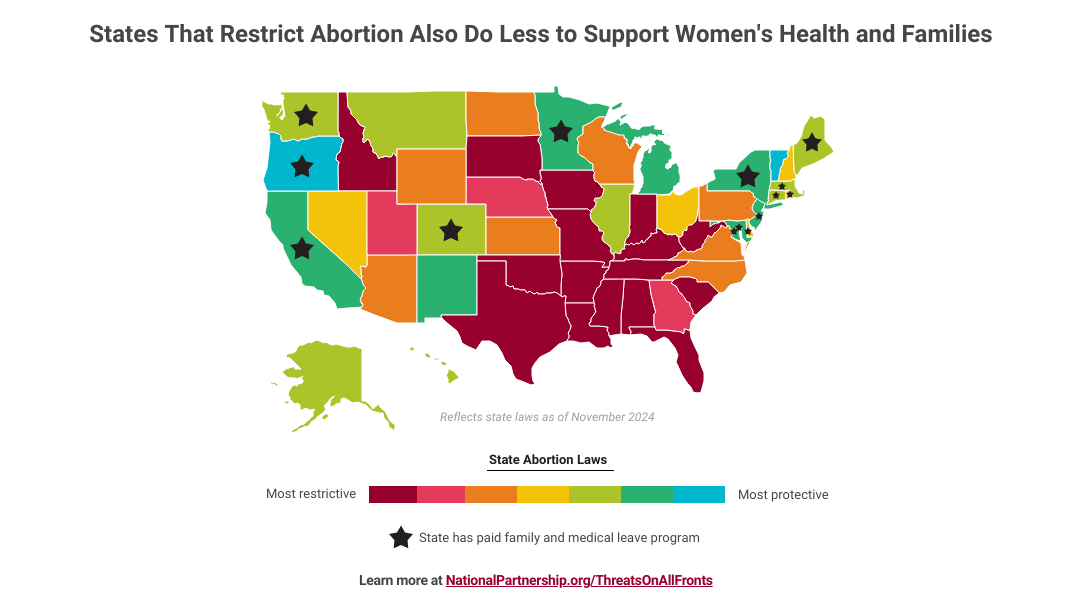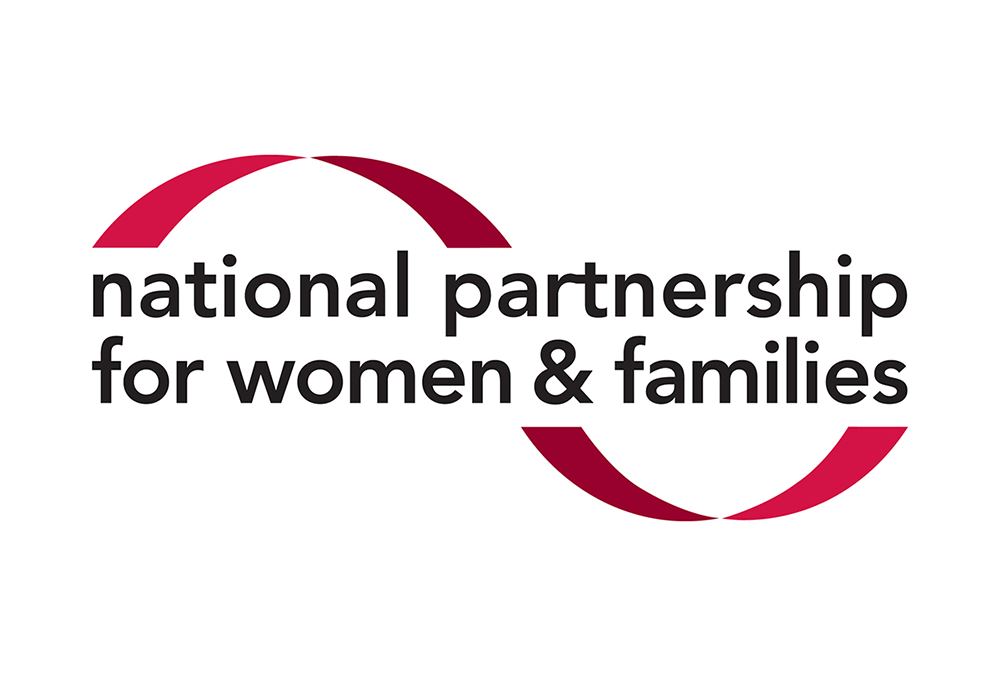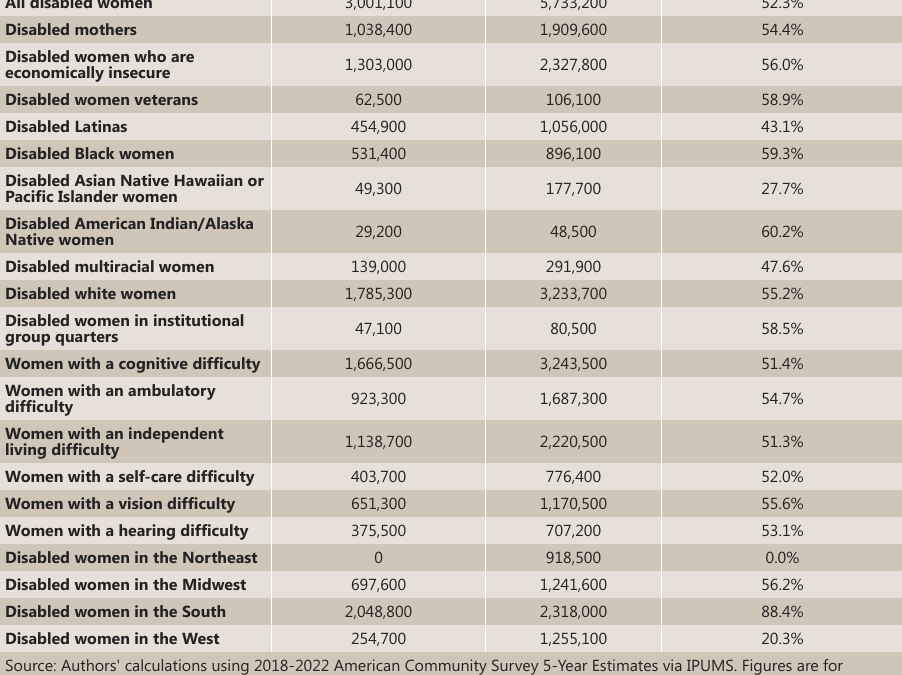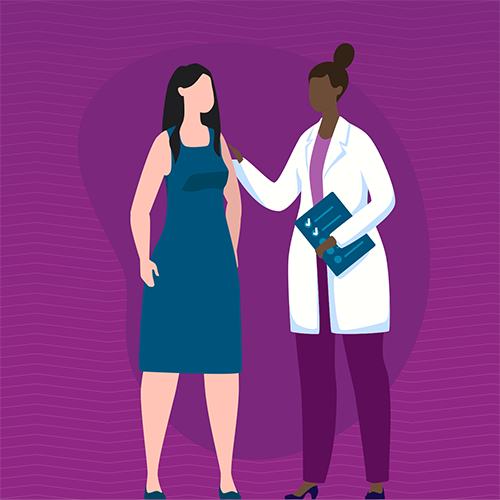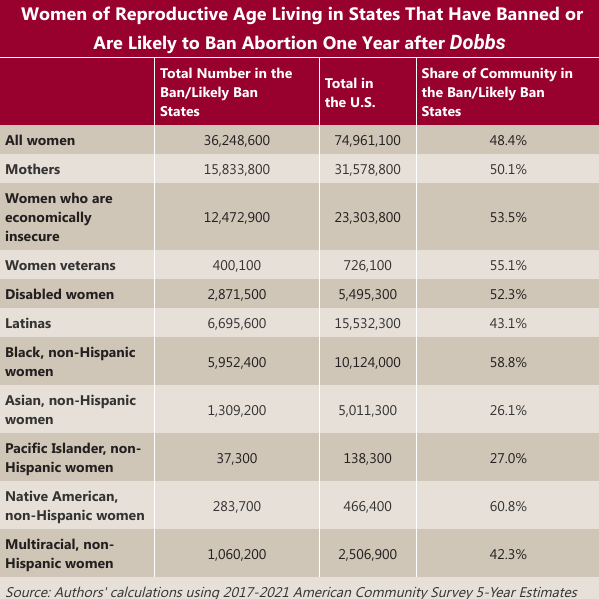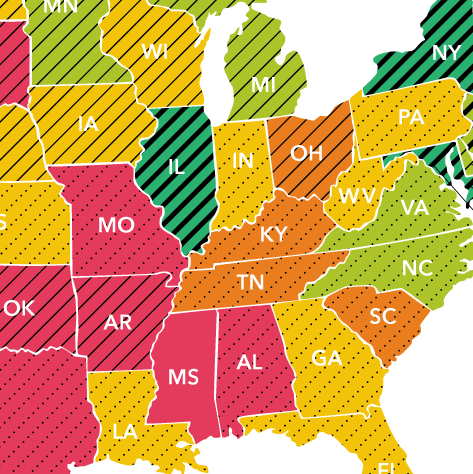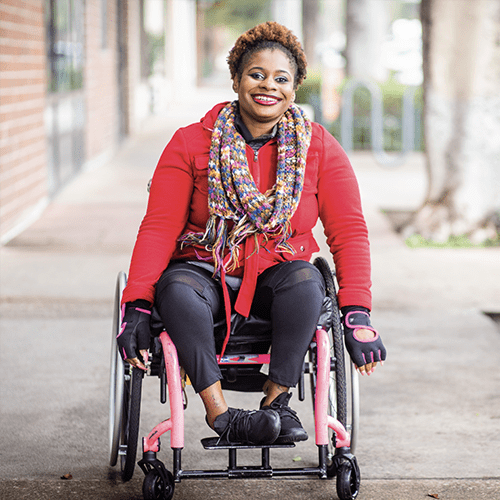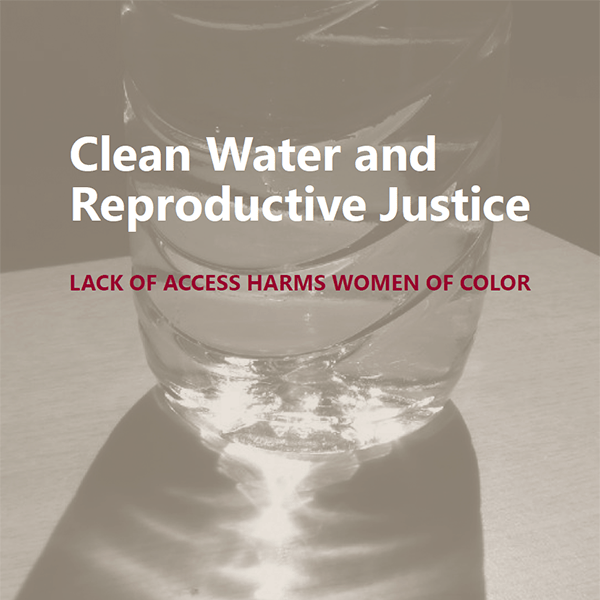We still find that states that have banned or are likely to ban abortion also overwhelmingly fail women on a range of key work and care policies. Yet, we also find that many states have taken key steps to advance women’s health and economic freedom, and point to opportunities to do more.
